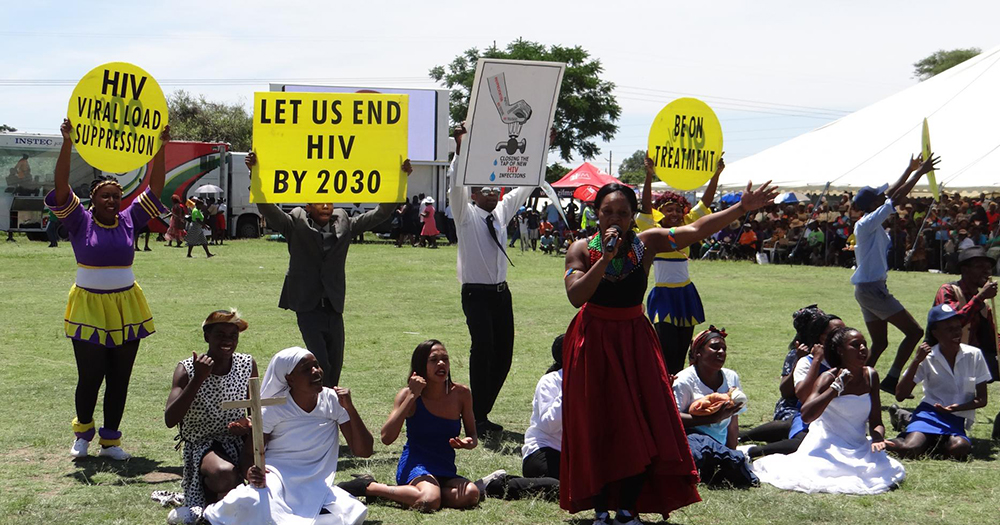Zimbabwe has officially decriminalised the transmission of HIV within the new Marriages Amendment Bill. The legislation repealed a section of the Criminal Law Code which criminalised HIV transmission, and the president will soon sign the bill into law, creating a milestone in Zimbabwe’s HIV history.
“Public health goals are not served by denying people their individual rights and I commend Zimbabwe for taking this hugely important step,” said Winnie Byanyima, the executive director at UNAIDS. “This decision strengthens the HIV response in Zimbabwe by reducing the stigma and discrimination that too often prevents vulnerable groups of people from receiving HIV prevention, care and treatment services.”
The Sexual Offences Act, originally enacted in 2001, incriminated anyone who “intentionally does anything or permits the doing of anything” which they know will “infect another person with HIV”. Although Zimbabwe originally passed the bill to address sexual violence, convictions in the last 20 years have been rare.
Many have argued that the bill has been ineffective against the spread of HIV. Alternatively, it has reinforced ideas that having HIV is immoral and shameful, making proper healthcare difficult to access for HIV Positive people.
“When this legislation came into effect, the thinking was that we need to control the spread of HIV by criminalising those who transmit it to partners willingly”, said Ziyambi Ziyambi, Zimbabwe’s Minister of Justice.
“But the global thinking now is that that law stigmatises people living with HIV and studies have shown that it does not produce the intended results. What the ministry is going to do is to repeal that section of the law and ensure that we keep up to speed with modern trends in the world,” he said.
The 2001 act has especially victimised Zimbabwean women. Although it was women’s rights groups that initially pushed for the bill to be passed, the country’s taboo culture brought opposite results.
“The policy of widespread testing of women often led to domestic violence when the woman went back home,” said Tinashe Mundawarara, manager of the HIV unit in the Zimbabwe Lawyers for Human Rights. “They were blamed for bringing infection into the house, despite not knowing who infected whom.”
However, Zimbabwe’s HIV response has improved in recent years. UNAIDS reported that approximately 1.3 million people in Zimbabwe are receiving life-saving medication and that HIV infections have gone down by 66%.
According to the Oslo Declaration on HIV Criminalisation, there is evidence that decriminalising HIV will destigmatise contracting the disease, encourage the development of healthcare, and lower rates of gender-based violence. With lowering HIV rates and the enactment soon to be repealed, Zimbabwe has made significant progress in battling its HIV epidemic since the ’80s.
© 2022 GCN (Gay Community News). All rights reserved.
Support GCN
GCN is a free, vital resource for Ireland’s LGBTQ+ community since 1988.
GCN is a trading name of National LGBT Federation CLG, a registered charity - Charity Number: 20034580.
GCN relies on the generous support of the community and allies to sustain the crucial work that we do. Producing GCN is costly, and, in an industry which has been hugely impacted by rising costs, we need your support to help sustain and grow this vital resource.
Supporting GCN for as little as €1.99 per month will help us continue our work as Ireland’s free, independent LGBTQ+ media.
